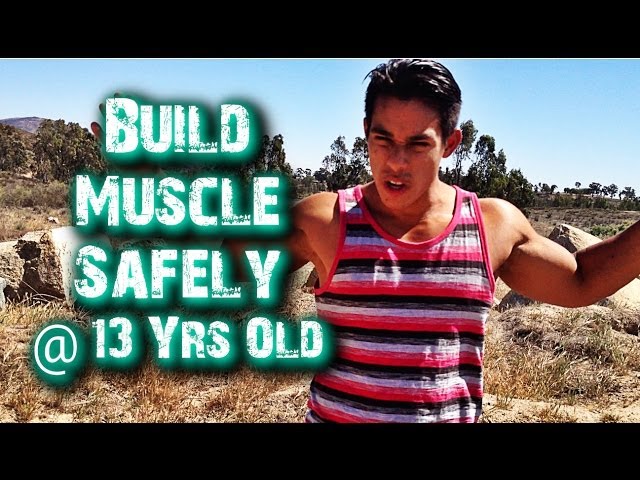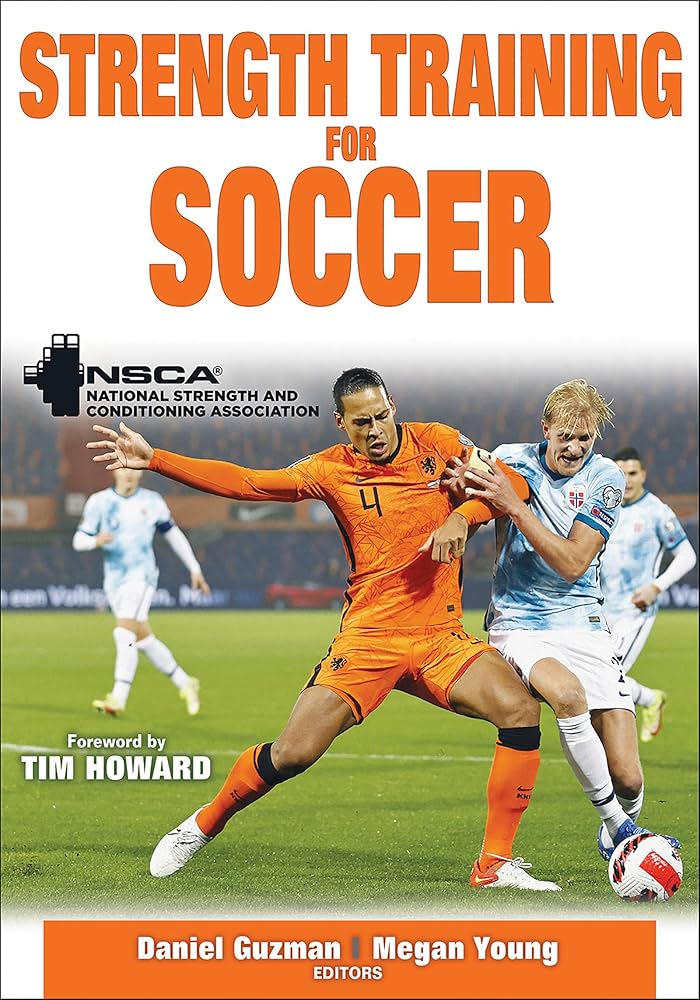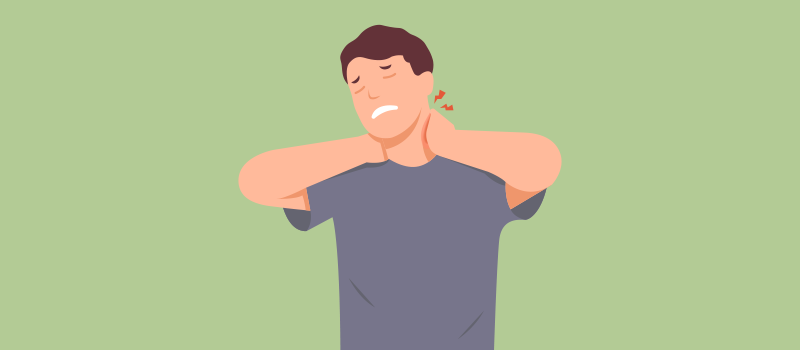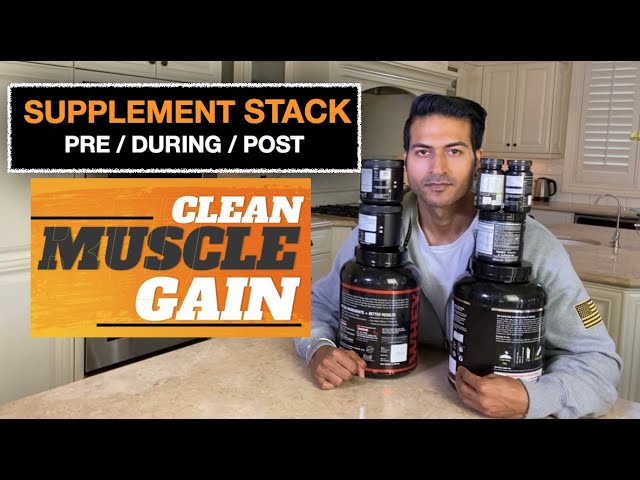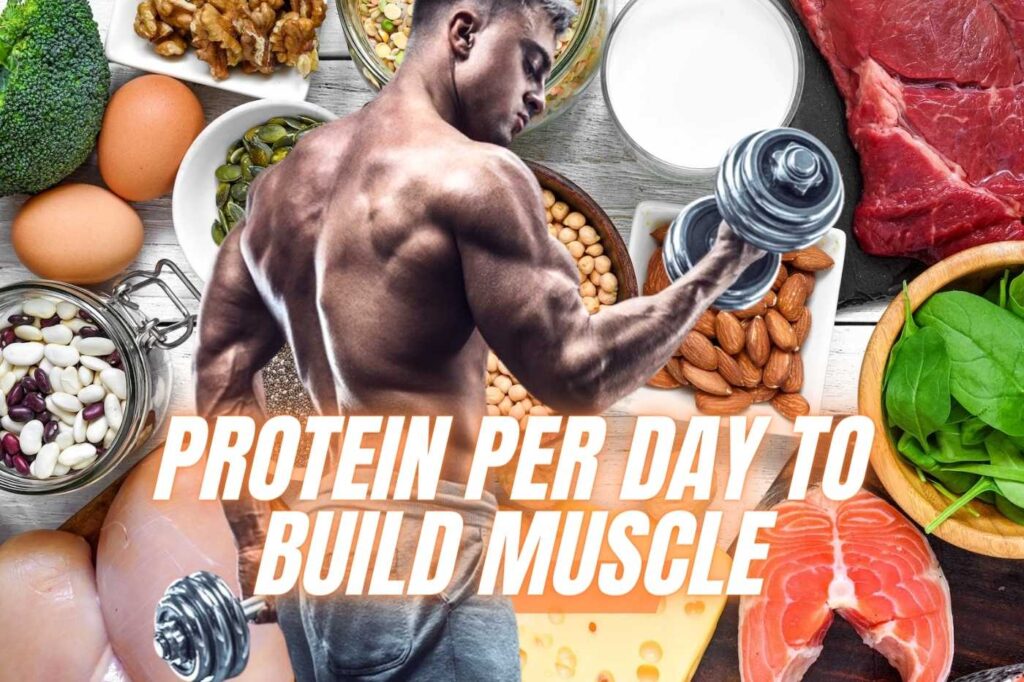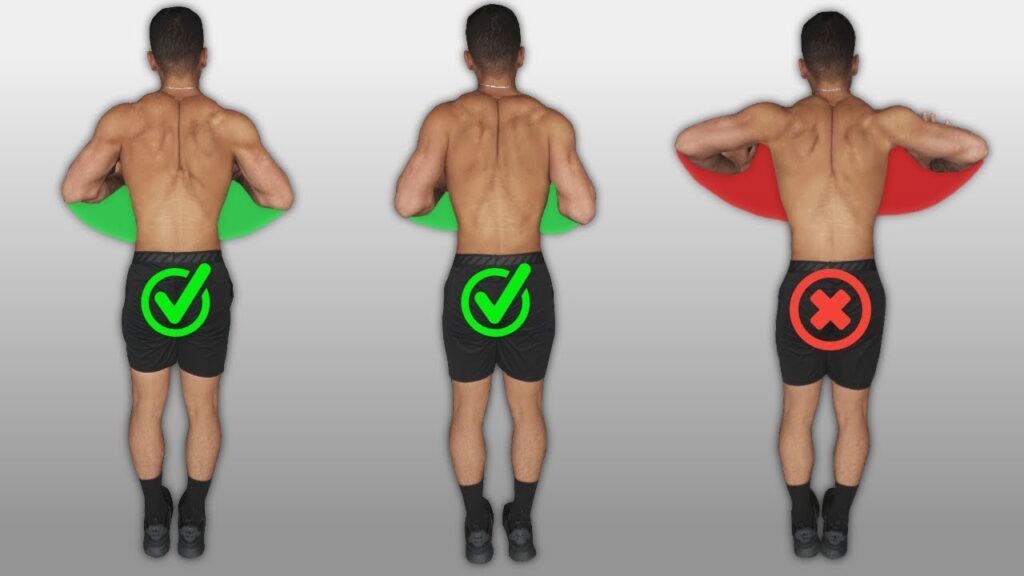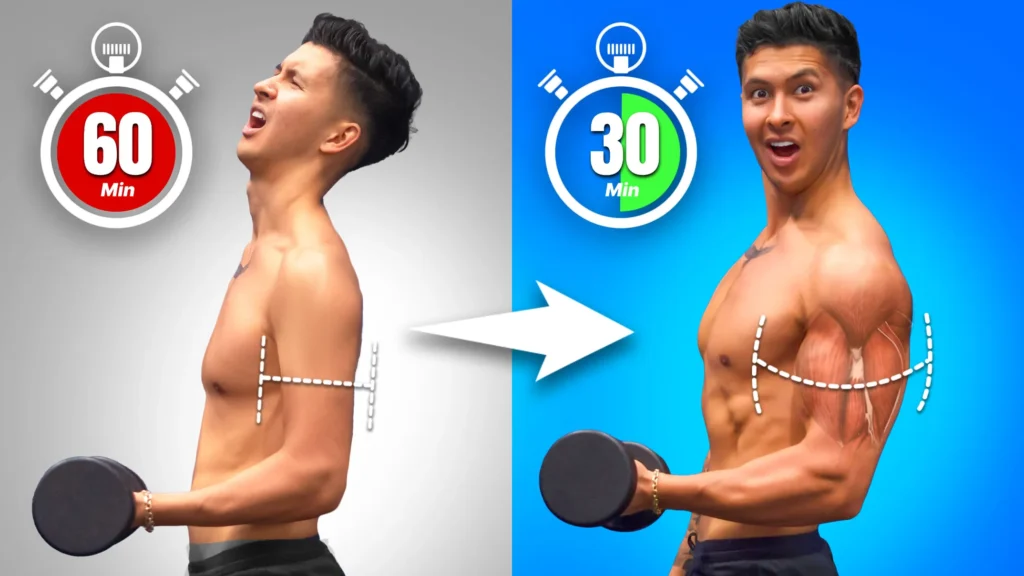Yes, it’s okay to build muscle at 13 with proper guidance and supervision. Focus on bodyweight exercises and light resistance training.
Building muscle at 13 can be beneficial for overall health and fitness. Engaging in strength training helps improve muscle strength, bone density, and coordination. It’s essential to have proper guidance from a fitness expert to prevent injuries and ensure correct techniques.
Start with bodyweight exercises like push-ups, squats, and planks. Gradually incorporate light resistance training using resistance bands or light dumbbells. Always prioritize safety and avoid heavy lifting. Ensure a balanced diet rich in protein, vitamins, and minerals to support muscle growth. Regular physical activity boosts confidence and promotes a healthy lifestyle.
Building Muscle At 13
Many teens want to build muscle. Social media shows fit teens often. This trend is growing fast. Kids see famous athletes and want to be like them. They think muscles are cool. Peer pressure also plays a role. Friends might be lifting weights. Teens want to join them. Fitness apps and online workouts are popular. These tools make muscle building easy and fun.
Parents worry about kids lifting weights. They fear injuries. Growth can be a concern too. Some think lifting stunts growth. Experts say proper training is safe. Supervision is key. Trainers should guide kids. Kids need to learn correct techniques. Overtraining is another worry. Muscles need rest to grow. Balance is important. Nutrition matters too. Kids need to eat right to build muscle.
Expert Opinions
Expert opinions suggest that building muscle at 13 can be safe with proper guidance and supervision. Focus on body-weight exercises and balanced nutrition for best results.
Pediatricians’ Views
Pediatricians say muscle building is safe for kids. Supervision is very important. Kids should avoid heavy weights. Body weight exercises are best. Push-ups and squats are good choices. Always warm-up before starting. Cool down after exercise. This helps prevent injuries. Drink plenty of water.
Fitness Trainers’ Advice
Fitness trainers agree with pediatricians. Strength training is good for kids. Proper form is crucial. Use light weights or resistance bands. Focus on technique over weight. Train two to three times a week. Rest is important for growth. Balanced diet supports muscle building. Include protein in meals. Kids should enjoy their workouts.
Physical Development
Boys and girls grow at different rates. At 13, kids are in their puberty stage. This is when their bodies begin to change. Muscles can grow, but bones are still developing. It is important to be careful. Always use light weights and proper form. Growth plates in the bones are still soft. Heavy weights can cause damage. Kids should focus on bodyweight exercises. Activities like push-ups, squats, and planks are good.
At 13, the body starts producing more hormones. These hormones help muscles grow. Boys produce more testosterone. This hormone helps build muscle. Girls produce more estrogen. Both hormones help with development. It is important to eat healthy. Good nutrition supports muscle growth. Proteins, fruits, and vegetables are key. Remember to drink lots of water. Staying hydrated is very important. Sleep is also crucial for growth. Kids should get at least 8 hours of sleep each night.

Credit: www.youtube.com
Safety Considerations
Ensuring proper supervision and guidance, muscle-building at age 13 can be safe. Focus on bodyweight exercises and light resistance training.
Injury Prevention
Building muscle at 13 can be safe. Always focus on injury prevention. Warm up before any workout. This helps to prepare your muscles. Stretching can also prevent injuries. Use proper gear, like shoes and gloves. Never lift weights that are too heavy. Start with light weights and increase slowly.
Proper Techniques
Using proper techniques is crucial. Learn the right way to lift weights. Bad form can cause injuries. Ask a coach or trainer for help. Watch videos to learn correct methods. Keep your back straight when lifting. Bend your knees, not your back. Breathe properly during exercises. This helps to maintain balance and strength.
Nutritional Needs
Eating a balanced diet is very important. Kids need proteins, carbohydrates, and fats. Proteins help muscles grow. Carbohydrates give energy. Healthy fats are good for the brain. Include fruits, vegetables, grains, and dairy. These foods give vitamins and minerals. Drink plenty of water. Stay hydrated all day.
Supplements are not always needed. Whole foods are the best sources of nutrients. Some kids might need vitamins. Always talk to a doctor first. Protein powders can be helpful. Use them only if needed. Never take too many supplements. It can be bad for health.

Credit: www.pinterest.com
Effective Workouts
Start with light exercises like push-ups and squats. These are safe and easy. Do not lift heavy weights. Focus on bodyweight exercises. This builds strength without injury. Use a proper form to avoid getting hurt. Practice these exercises 2-3 times a week.
Choose exercises that are fun and safe. Jumping jacks and running are great options. Use small weights like dumbbells. Always have a coach or parent nearby. They can help with form and safety.
Mental Well-being
Building muscle can give a big boost to self-esteem. Young teens often feel better about themselves. They see their hard work pay off. This can make them more confident. Confidence helps in many areas of life. Friends, school, and activities all get easier.
Exercise helps reduce stress. Kids often feel worried about school or friends. Lifting weights or doing push-ups can help. It makes the body release good chemicals. These chemicals make kids feel happy. Stress levels go down.

Credit: www.reddit.com
Parental Role
Parents play a big role in helping kids build muscle. Encouragement is key. Praise their efforts, not just results. Healthy meals matter too. Make sure they eat enough protein. Hydration is also important. Kids should drink water often.
Rest is needed for muscle growth. Ensure they get 8-10 hours of sleep. Safety comes first. Teach proper exercise techniques to avoid injuries. Supervision helps keep kids on track. Watch their workouts or join them for fun.
Track their strength gains. Note how much weight they lift. Keep an eye on their endurance. Can they exercise longer without getting tired? Monitor their motivation. Are they still excited to work out?
Regular check-ins are helpful. Talk about their feelings and progress. Celebrate milestones. Small wins keep them motivated. Adjust plans if needed. Change routines to keep things interesting.
Long-term Benefits
Building muscle at 13 can offer long-term benefits such as improved bone density and enhanced physical health. Starting early helps instill lifelong fitness habits and boosts self-esteem.
Health Advantages
Building muscle at a young age helps with bone strength. It also improves cardiovascular health. Kids who exercise stay more active. They are less likely to become overweight. Muscles help protect joints from injuries. Strong muscles make everyday tasks easier. Exercising builds a healthy heart. It lowers risks of diseases in later life.
Skill Development
Muscle building teaches discipline and goal-setting. Kids learn the importance of consistency. They also develop better coordination and balance. Working out can boost confidence and self-esteem. Kids often make new friends at the gym. They learn teamwork and social skills. Regular exercise improves focus and academic performance.
Frequently Asked Questions
Is It Safe For 13-year-olds To Build Muscle?
Yes, it is safe if done correctly. Focus on bodyweight exercises. Avoid heavy weights. Supervision by a fitness expert is recommended.
What Exercises Can 13-year-olds Do To Build Muscle?
13-year-olds can do push-ups, squats, and lunges. These exercises build strength. Avoid heavy lifting. Always prioritize form and safety.
How Often Should Teens Exercise To Build Muscle?
Teens should exercise 3-4 times a week. This allows muscles to rest and grow. Consistency is key.
Should 13-year-olds Use Weights For Muscle Building?
Light weights can be used. Focus on higher repetitions. Avoid heavy lifting. Proper form is essential to prevent injuries.
Conclusion
Building muscle at 13 can be safe with proper guidance and supervision. Focus on age-appropriate exercises and balanced nutrition. Always consult a healthcare professional before starting any fitness regimen. Prioritize safety, and enjoy the journey to a healthier, stronger self.

